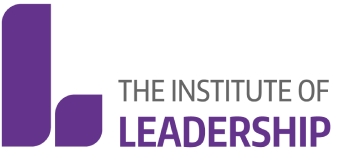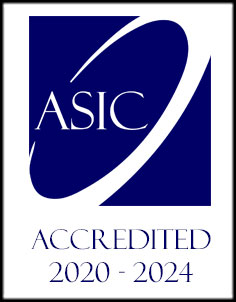Course Overview
Projects and programmes are the drivers for implementing strategic goals and positive and durable organisational change. As a consequence, organisations are often heavily reliant on their project and programme managers, who must oversee major developments through to completion while keeping to an agreed timeframe, budget and quality standards.
From planning through the delivery stage and finishing with evaluation, this course will explore every aspect of the project cycle utilising tried and tested project management methodologies to ensure project success. It will also equip participants with the varied skill set necessary to oversee complex projects, such as risk management, effective budgeting, quality control and stakeholder management.
The tools and techniques covered are designed so that they can be adapted to the needs and specifications of different organisations and/or projects making them suitable for small-scale improvement projects or national capacity building programmes.
Topics Include:
- Project management methodologies
- Leadership for project managers
- Identifying and defining projects and programmes
- Risk management
- Managing stakeholders
- Monitoring and evaluating projects and programmes
Experts in the field will lead this training through interactive workshops, lectures and best practice case studies, fostering innovation, creative learning and networking amongst peers.

The Institute of Leadership has approved this training course. The Institute combines years of research, knowledge and innovation to champion the leadership agenda for alL and since 1947 they have carried out extensive research into the knowledge, skills, attitudes, behaviours and values of great leadership. Based on The Institute's core leadership values, this course meets the standard that enables learners who have completed to access the following benefits:
- Membership of The Institute of Leadership will be in receipt of an ICPS/The Institute joint Certificate of achievement for the course
- Access to a raft of resources to help you with your continuing professional development, including an award-winning library of e-learning content
- A community of over 70,000 members worldwide enabling you to collaborate and grow your knowledge and skills
- Receipt of weekly news updates, podcasts and cutting-edge research and a monthly published journal and invitations to topical webinars
- Authorisation to use approved letters AMInstL (Associate Member of The Institute of Leadership) after your name for business correspondence
Learning Outcomes
By the end of this course delegates will be able to:
- Clearly define, plan and implement projects to ensure they are delivered on time, within budget and to specification
- Utilise recognised project management tools and techniques including Gantt Charts, Gap Analyses and Pert Charts
- Engage effectively with project stakeholders
- Recognise common causes of project failure and how to avoid them
- Budget effectively and oversee spending accurately
Agenda
Day One
- - The project management life cycle
- - The role of project managements
- - The role of programme management
- - Traditional methods – Waterfall, Critical Path Method PRINCE2, MSP, PMI/PMBOK
- - Agile project management
- - Strengths and weaknesses of various methodologies
- - Strategic alignment
- - Problem and objective trees
- - Programme identification and design
- - Selecting a suitable methodology
- - Business case questions
- - Ensuring sufficient resources
- - The continuing business case
- - Keeping within the budget
Day Two
- - Identifying key project stakeholders
- - Communicating with stakeholders
- - Negotiating skills and techniques
- - Project and programme governance
- - Building a project team
- - Qualities of the project leader
- - Key roles and responsibilities
- - Motivation techniques
- - Introduction to risk and uncertainty
- - Identifying risks
- - Managing project risks
- - Benefits realisation and change management
- - The relationship between PPM and change management
- - Introduction to the management of change
- - Identifying barriers to change
- - Strategies for overcoming resistance to change
Day Three
- - Why plan?
- - Identifying and specifying deliverables
- - Types of plan
- - Milestones
- - Interdependencies
- - Calculating a critical path
- - Scheduling techniques
- - Keeping on track
- - What quality means in projects
- - Monitoring quality
- - Manging quality
- - What needs to happen at the end of a project
- - What if the project is closed early?
- - Ensuring the lessons are captured and shared.


What Learners Say
Worcester LEP (WLEP)
“ The course from start to finish was well designed with a mixture interaction, discussion and listening. From my perspective I had no technical issues which meant I received the whole course uninterrupted. Tony Cash was great to listen to and included/encouraged people on the course. “
Greater Manchester Mental Health NHS Foundation Trust
“ The trainer was an amazing trainer - very engaging and presented the material very well. I really enjoyed the course - I am completely new to project management, and I felt this course really gave a nice detailed overview of PM. I feel like I've learnt a lot that I can take away and apply to clinical research. I also really enjoyed the breakout sessions, it was nice to speak to the other delegates and hear their experiences. “
Attorney General`s Chambers
“ The training was very informative and took me through the entire project management process. The trainer was knowledgeable and delivered the material in a fun and engaging manner. I thoroughly enjoyed this training and would definitely recommend it to anyone seeking to learn more about project management. “